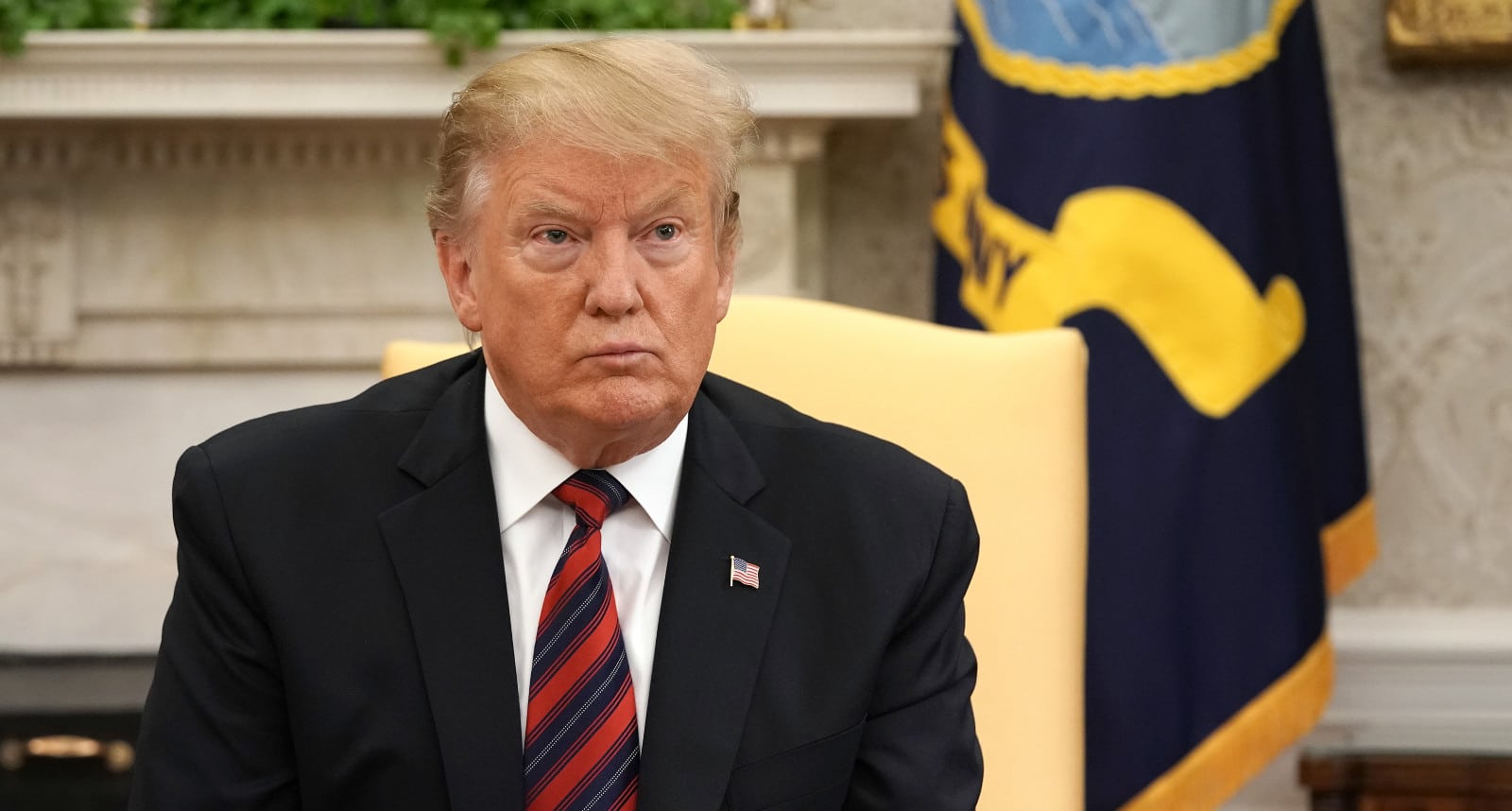OPINION: This article may contain commentary which reflects the author's opinion.
The Michigan Supreme Court rejected a request to have former President Donald Trump removed from the ballot in 2024 on allegations that he violated the “insurrectionist ban” in the US Constitution.
This decision stands in stark contrast to the Colorado Supreme Court’s recent decision, which removed Trump from the state’s primary ballot due to his involvement in the riot that occurred on January 6th in the Capitol, CNN reported.
Given these contradictory rulings, the anticipated appeals to the US Supreme Court take on even greater significance, particularly as the country gears up for the 2024 primaries. The lawsuit in Michigan, in contrast to the one in Colorado, was dismissed before it ever reached trial. A court that heard appeals from lower courts affirmed the dismissal of the case.
According to the judge who initially heard the case from Michigan’s Court of Claims, there is no room in state law for election officials to verify the eligibility of candidates for the presidential primary. He went on to say that the courts had no business deciding the case because it posed a political question.
The Michigan Supreme Court did not release a vote count, and the order was unsigned.
The courts in Michigan, in contrast to their Colorado counterparts, dismissed the case entirely due to procedural issues. They skirted the issue of whether or not Trump participated in the January 6 insurrection.
In a Wednesday piece, one of the justices from Michigan explained how their state differs from Colorado.
“The anti-Trump challengers have identified no analogous provision in the Michigan Election Law that requires someone seeking the office of President of the United States to attest to their legal qualification to hold the office,” Justice Elizabeth Welch wrote, drawing a comparison between Michigan law and Colorado’s election code.
Post-Civil War ratification of the 14th Amendment prohibits “engaged in insurrection” from holding public office for officials who pledge allegiance to the Constitution. Disqualified were thousands of former Confederates under the provision. The vague language does not even refer to the presidency, and there have only been two applications since 1919.
Free Speech For People, an advocacy group, sued the state of Michigan in September on behalf of certain voters. Additionally, it has lately filed a case in Oregon and attempted to challenge Trump’s eligibility for the presidency in Minnesota, but was unsuccessful.
A different liberal-leaning group filed the lawsuit in Colorado.
The Colorado Supreme Court, which is entirely comprised of justices nominated by Democrats, rendered a controversial and ground-breaking decision last week.
The state’s highest court ruled 4-3 to disqualify Trump from the state’s Republican primary election in 2024.
The decision has caused a great deal of controversy because it is based on the 14th Amendment’s Section 3, which bars people who have participated in an insurrection from running for federal office. Many have argued that the decision was politically motivated and set a dangerous precedent for American politics.
Ty Cobb, a former assistant U.S. attorney for the District of Maryland, predicted that the U.S. Supreme Court would unanimously reverse the Colorado Supreme Court’s decision to disqualify former President Donald Trump from the state’s ballot in 2024.
During an interview on CNN, Cobb — who defended the Trump administration during Special Counsel Robert Mueller’s baseless investigation into alleged Trump-Russia collusion — argued that while he believes Trump’s actions in challenging the 2020 election have been a “disaster” for the Republican Party, he believes the U.S. Supreme Court will unanimously reverse the decision in Colorado.
“I think this case will be handled quickly,” the longtime attorney said. “I think it could be 9-0 in the Supreme Court for Trump.
“So, I — the way I see this is — is that the Supreme Court has to take this. They can stay the dates in Colorado. They’ll move expeditiously. I was struck by the majority opinion and the amount of verbiage devoted to the sort of strawman arguments. You know, the real key issue in this case is, is Trump an officer of the United States in the context in which that term is used in Article 3 of the 14th Amendment,” Cobb said.
He added: “And in 2010, Chief Justice Roberts explained in Free Enterprise that people don’t vote for officers of the United States. Article 2, ‘officers of the United States’ is commonly understood in the Constitution to refer to appointed officials. And to the extent that the president or the vice president are included as an officer or included within the admonitions of the Constitution, they are typically highlighted, like in the impeachment clause which specifically says president, vice president. So I think this case will be handled quickly. I think it could be 9-0 in the Supreme Court for Trump.”
